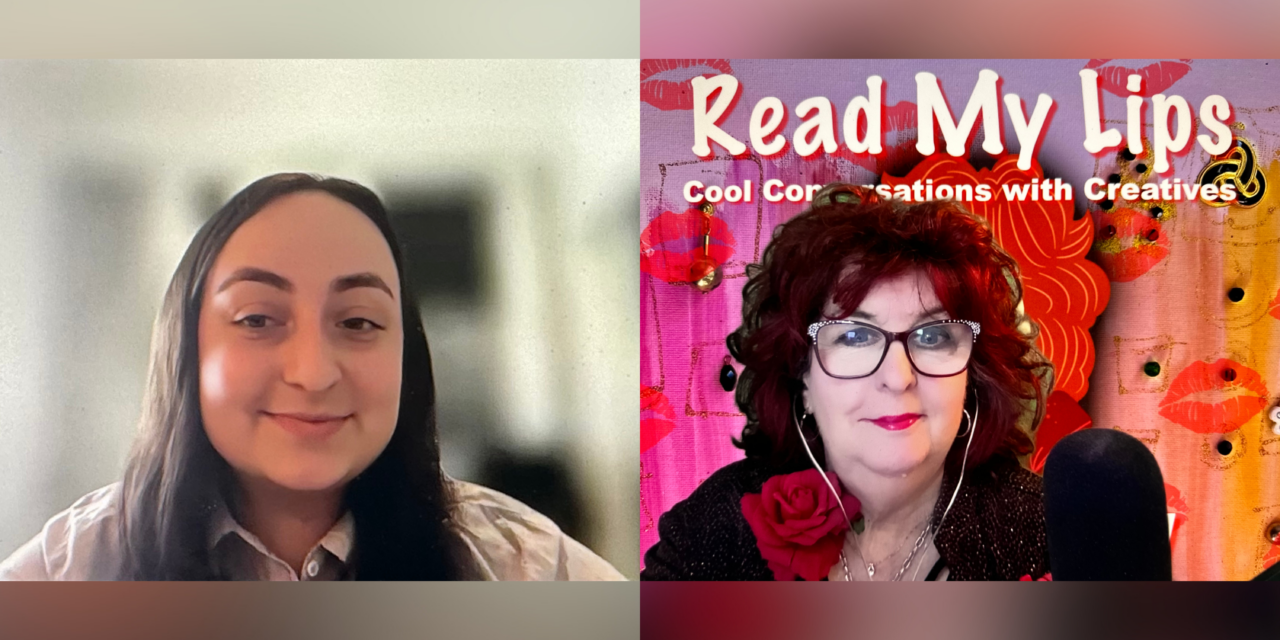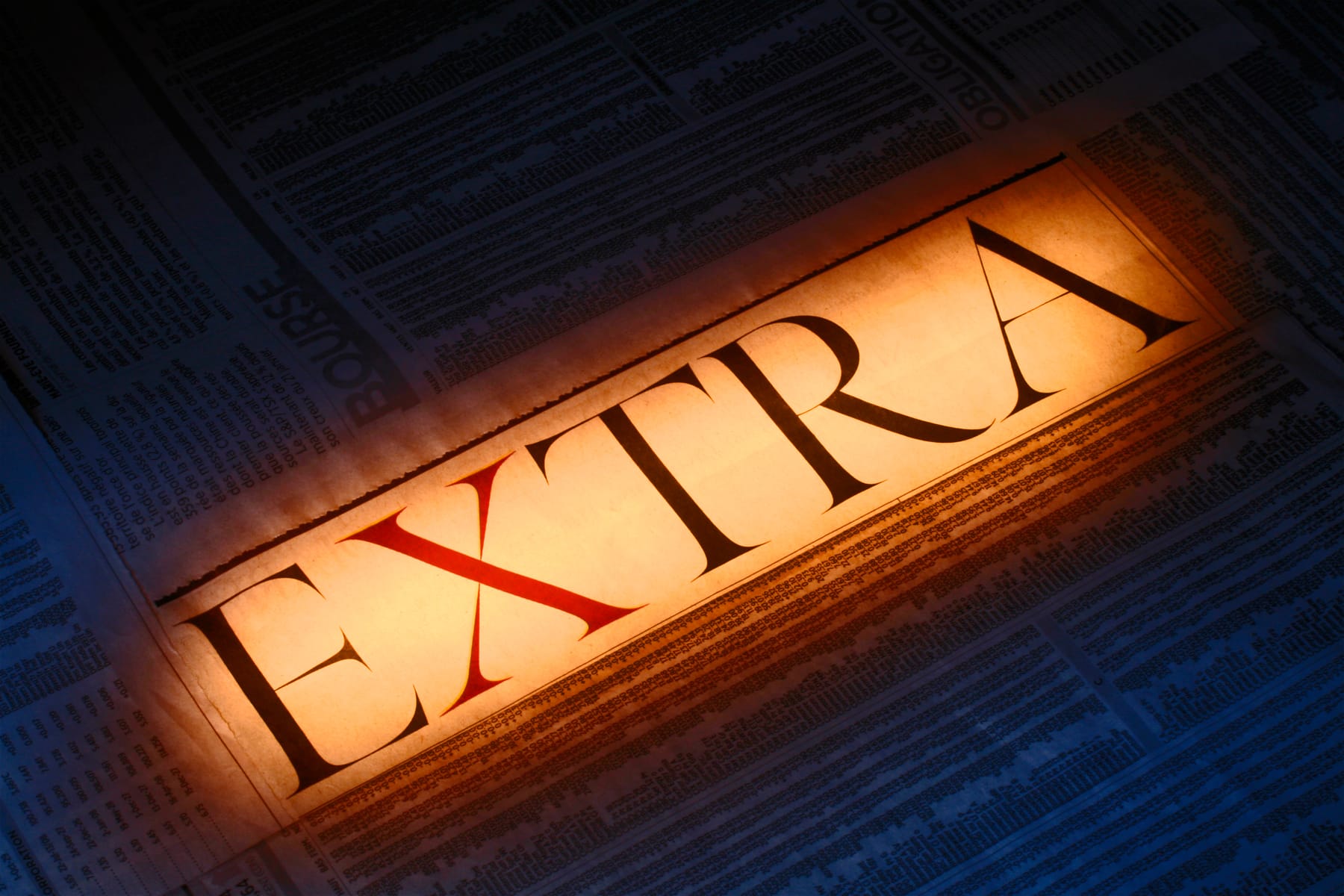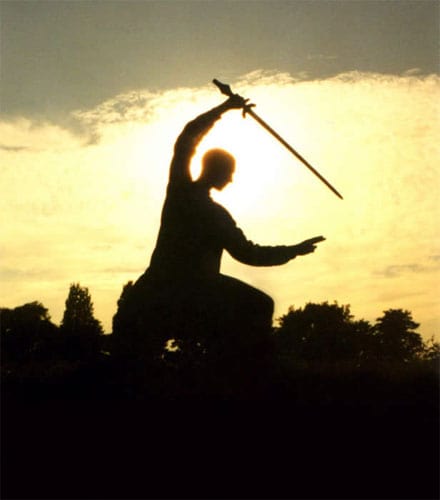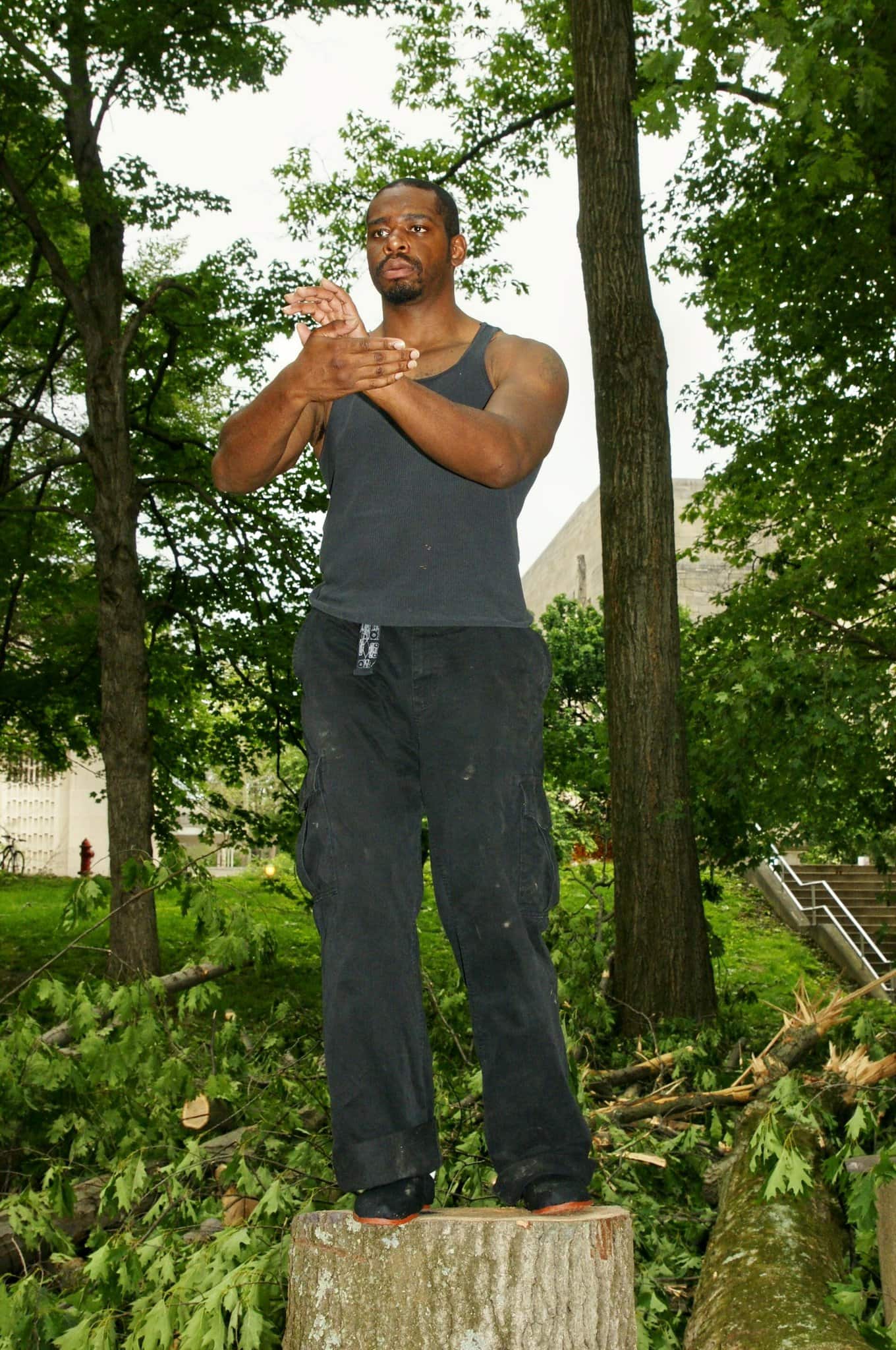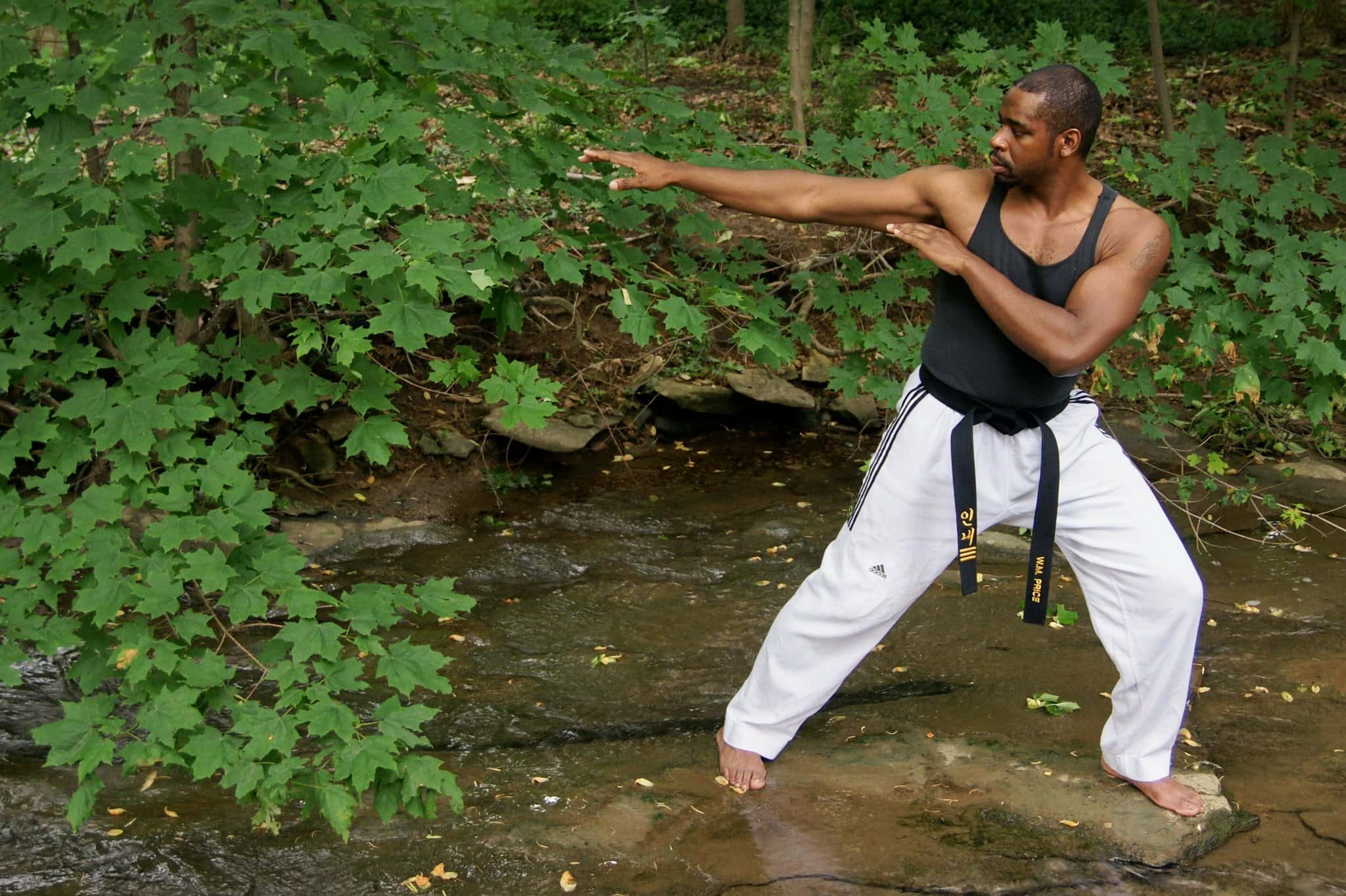Host of Technology Revolution: The Future of Now and Read My Lips: Cool Conversations with Creatives, Bonnie D., akaRadioRed, discusses her journey into radio and her strategies for being a successful live radio show host in this exclusive Q&A.
Q: I have a very special guest on today who hosts two live radio shows on the VoiceAmerica Network. Could you please introduce yourself and explain how you came up with the persona of akaRadioRed?
A: Hi, Rachel. So nice to see you. I’m Bonnie D. Graham, akaRadioRed. The reason I chose akaRadioRed goes back to when I started producing and hosting live internet radio several years before I came to VoiceAmerica.
I’m a computer programmer, considered an ‘Early Woman in Tech.’ I won’t tell you what year. I realized that the sorting order on names starts with “A” and if I put “A” in front of my name, I would sort higher in the alphabetical list than just “Bonnie.” And I also saw a lot of people using “aka” meaning “also known as.” So I came up with the name akaRadioRed, all one word so it goes to higher up in an alphabetical search and it just stuck — becoming my name for my Read My Lips: Cool Conversations with Creatives Radio show.
My other show is Technology Revolution: The Future of Now. This show was ranked at number 6 on FeedSpot’s 70 Best Technology Podcasts worth listening to in 2023. This show was also named in the 10 Top Business and Tech Podcasts for Entrepreneurs last year by a company called Applandeo. I’m very, very honored that people have embraced this.
Q: You’ve had a diverse career journey from being an early woman in tech to a stand-up comedian, playwright, and even a poet. How did you discover your passion for hosting radio shows and what motivated you to pursue this path?
A: Oh, my! I was shy growing up, if you can believe that. Then in the sixth grade, we were asked to give a speech in front of the class and I picked a bread recipe from The Joy of Cooking cookbook. I gave a summary of the recipe in front of my class and I was very nervous. But once I started to speak, I realized I enjoyed talking and it just clicked that this was fun.
Later, in high school, I was the announcer and the pianist for the girls chorus at Bayside High School in Bayside, New York. Whenever we had concerts, I was on the stage in front of the whole auditorium and introducing the songs, then I’d sit at the piano and play the accompaniment.
But later on, I became shy again and I didn’t want to be in front of people.
Long story longer, I decided to do comedy. I was unhappy in my life, and one day, I opened up The New York Times and I saw a tiny reader ad — half an inch tall. It simply said, “Would you like to be on stage doing stand-up comedy? Call this phone number. You can be on stage in a New York comedy club doing your own stuff.” And I thought, that sounds really interesting and fun. A little bit daring — you’ve got to have a lot of chutzpah. You know what that word means, Rachel. And I cut out that ad and I stuck it in my wallet and I didn’t think about it for months.
Then one day I opened up my wallet and this little paper fell out. I called the phone number. A woman named Mary answered. It was Stephen Rosenfield’s American Comedy Institute in Manhattan. And I said, “Please tell me how this works. Do you give me jokes to read?” She replied, “Hell no. We teach you to write your own jokes!” And I hung up but I decided I wanted to do this to get out of my funk. So I called back and enrolled. One of the scariest things I’ve ever done was being on stage at the famous Caroline’s Comedy Club in New York City in front of a crowd of family and friends, doing my 3-minute comedy routine. When I got off the stage, I realized I had done very well. People after the show approached me and I started getting invitations to perform at other, so we say, “amateur style level” comedy clubs around Manhattan.
Q: So how did you get into radio from comedy?
A: TV was the intermediary step. I wrote an article for the Great Neck Record, my local paper. I submitted a press release about me, a Great Neck resident, doing stand-up comedy in New York. I never expected anything to come from the story. They put it on page three because they were always looking for fillers. The next thing, I was getting phone calls to be on local TV shows at a TV studio 10 blocks from my apartment in Great Neck, called Public Access TV. And all of a sudden, I’m in the studio and people are asking me about my comedy and they’re inviting me to be on their shows.
The light bulb went off and I asked, “How do you do this? I want to create my own TV show.” They told me the Public Access TV office was across the street, make an appointment, tell them you want to start your own TV show.” I went and they trained me and helped me setup the show. And “What’s so Funny?!?” was born. I invited my comedy and improv friends and classmates from New York City and they came out to the studio. I did all my own editing.
Fast forward a few years, I was producing and hosting two of my own radio shows at WGBB and people I met started asking me to host their shows. Then I became aware of Internet radio. I thought it sounded cool. One night on the way home from the radio station, I had a tire blowout on my car on the highway at dusk and it was scary as I waited for the tow truck and the police and all that.
I said to myself, I can’t drive back and forth like this anymore. I have to go to Internet radio, do it from the house. So I started on another station, not VoiceAmerica. They had many shows on all at the same time because it was all Internet. And I did that for years. That’s where akaRadioRed came in.
Then I took a job for a prominent global business software company and I told my team that I had my own Internet radio show. One day my manager told me she was asked to do a sponsorship on a business radio show on VoiceAmerica and she wanted my advice on whether or not to sponsor it, because I was the only person she knew who knew about Internet radio. I said to her, “Give me a week. She said, should we sponsor this man show or not? I said, give me a week.”
I cold-called Jeff Spenard, the VoiceAmerica founder and president. I introduced myself and asked if he would help me develop a business radio show for my company, which he knew about. Jeff said yes. We came up with the concept for Coffee Break with Game Changers and it debuted on the VoiceAmerica Business Channel on October 5, 2011. And my life changed. Over the next decade, I grew the original flagship show to nearly 50 different Game-Changers thought leadership round table series on the VoiceAmerica Business Channel and attracted in total millions of listeners around the world. At one point, I was producing and hosting 18 different shows, rotating in 6 time slots a week, on VoiceAmerica.
Q: Perfect segue to my next question. Since 2011, when you started at the VoiceAmerica Network, you’ve created, produced, hosted and moderated more than 50 thought leadership roundtable radio and podcast series on the VoiceAmerica Network. What inspired you to focus on speaking with “future-focused visionaries,” on your show, Technology Revolution: The Future of Now, and focus on “creatives” on your show, Read My Lips: Cool Conversations with Creatives with akaRadioRed?
A: I’ll simply say that my joy, my ‘why’ as people say, is talking to smart people.
I realized that a long time ago at WGBB. When I launched the earlier version of Read My Lips. I was introduced to an organization called the National Publicity Summit, produced by Bradley Communications based in Pennsylvania. They invited me to be a Media Panelist two times a year in Manhattan where I was introduced to 100 seasoned and wannabe authors seeking media opportunities to promote their books, and I invited many of them on my radio show on WGBB.
So I became aware of the fun of talking to people about their creativity, about why they wrote a book or were thinking of writing that book.
I got in the mode of interviewing and talking to interesting people and figuring out what exactly I wanted to know about them. What mattered to me. What did I think my audience wanted to know from these creatives. I’m been a media panelist for over 10 years and now I do four a year at the virtual National Publicity Summit. I book 35 to 45 people during the four-hour Zoom session in 17 breakout rooms. I’m given 2.5 minutes on the clock, timed by a monitor with a stopwatch, to hear each attendee’s pitch and decide if they are right for my show. If they are, I invite and give them a show date immediately, filling up to four months of shows with three guests per week.
And I realized it’s not only just about authors, it’s about the creativity that people do. To me, life is an improv. You and I are improv-ing what we’re talking about. And architects and chefs and designers and jewelry creators and painters and photographers are all creatives too, not just the authors. I do 50 live shows a year on Read My Lips for a full hour, no breaks, and I have three or four panelists each week.
Rachel, Coffee Break with Game Changers is thought leadership. It was not meant to be selling, not lead-gen, not pay-for-play. In 2019, I was laid off from the software company so I met with Jeff Spenard to rebrand the show, and I wanted it to continue to be about exciting new technology as well as forward-looking. It took 20 minutes to brainstorm the new title and concept.
We came up with Technology Revolution: The Future of Now. I focus on futurists who are thinking about tomorrow.
Q: On that note, when you have these professional, thought leaders and other people on your show, you connect with a lot of them before and after the show. I want to know more about how you nurture those relationships, and make sure they have a positive experience on your shows.
A: Great question and it’s very simple. After the show, I make sure my guests know I want them to stick around. I go around the table and say, “I hope you found this to be worthwhile. Was this a good use of your time? Did you enjoy meeting the other panelists?” The networking happens almost instantly because I’ve got them all there. They network, they bond, they exchange ideas when I invite them on air to comment on each other’s predictions.
So I create a community of thought leaders and futurists on the air and often they connect on LinkedIn and professionally collaborate.
Q: Hopefully this helps other hosts that have radio shows or podcasts. What do you get out of a roundtable discussion that you wouldn’t get from a one-on-one discussion or interview?
A: You get camaraderie and networking and a real sense of inclusion. I did interviews one-on-one for years on Read My Lips where I had two guests. I interviewed the first one for 20 minutes and then asked the second guest to speak with the first, if they had comments or questions. Then I spoke just with the second guest for 20 and then invited the first to chat with them.
On my business and technology shows, I encouraged guests to do more than just say “I agree” with each other. I ask them to add their own point of view to the discussion. In improv, it’s called “Yes, and.” And it works really, really well.
On my shows, panelists speak in three-minute sound bites in the round table conversation, to keep them on their toes and not let anyone feel left out or bored. My format takes work on my part, hours of setup and research for each show.
Q: It seems like a very positive experience for you and the guests. I want to know for you personally — what has been the most memorable moment for you that has left a lasting impact?
A: Being ranked number six in Top 70 Technology Podcasts in the world is a thrill for me because it means people are paying attention and they value my format, which is unique. Does any other tech show ask experts for their favorite movie quote or song lyric and then explain what it has to do with the topic in their own words? I make my panelists think and they have a good time. Funny story, on Read My Lips a few months ago, somebody quoted a line from the song Happy Dance by Mercy Me. I researched the song and it became one of my personal favorites. I set it up to play on Alexa every morning at nine o’clock to start my day!
I research every quote my guests select and I research my opening monologues on ChatGPT. My panelists often say that I’m one of the most prepared hosts they’ve ever met.
Q: And that leads into my next question. So as the host of that show, Read My Lips: Cool Conversations with Creatives, you’ve had the opportunity to engage with a wide range of creative individuals, including novelists, artists, musicians and filmmakers. How has this exposure to diverse creative minds influenced your own creativity?
A: I’m going to flip that over to Technology Revolution when one of my guests in January 2023 mentioned ChatGPT in his prediction. I’d never heard of it. After the show, I looked it up. I now use it regularly to research topics for my shows. He expanded my range of resources for my shows. The authors on Read My Lips also inspire me to do more with the novel I’m writing.
The artists have inspired me to do more with my artwork. I’m now painting and embellishing with mixed-media the AI-generated portraits I create in the NightCafé Studio app.
These creatives have opened my mind to different opportunities for me to express my own creativity. I believe that I gain from meeting my guests and I am amazed at the creative paths they take.
Q: You seem super passionate about your show and being a host and I think it just really shines through with everything that you’re saying. You describe your broadcast persona as a fusion of experiences ranging from stand-up comedy to wedding coordination. How do you infuse humor and creativity into your radio show hosting style? How has this resonated with your guests and listeners?
A: Here’s the trick I use to do what you asked me about. I meet with all my guests on Zoom 15 minutes before the show starts and I get to know them. “Oh, Mary, I didn’t know you had fuchsia colored hair. Oh, Bob. What a great tie. Marvin, would you please sit a little closer? You’re just a little dot, we want to see that face. We want to see that beautiful shirt up to the button.” This is how I get them to come into my space. I’ll tell them a little about myself if they don’t know me.
I don’t know their mood, their personality. I don’t know their energy level. I just hope they’re ready. And then I say, “Obviously, I have no sense of humor. You’re going to have a terrible time on my show!” And that completely relaxes my panelists, even the nervous ones.
Then just before we go live, I’ll say, “Behave yourself.” That’s me improv-ing and sharing my joy. Their reactions feed my energy.
Q: In today’s media landscape, social media and live streaming play a significant role in expanding the reach of radio shows. How have you embraced these platforms to engage with your audience beyond traditional radio broadcasting?
A: I discovered the opportunity to bring my shows on live-streaming via Zoom, and the engineers at VoiceAmerica get my Zoom meeting ID and connect to the show. I use Restream, as a paid subscriber, to promote the show as it goes live with the description.
On Mondays, I’ll post one of my embellished AI-generated portraits on LinkedIn with the note, “AkaRadioRed called me and told me who’s on her Read My Lips show tonight,” with a little blurb about the guests and I tag them if they’re also on LinkedIn.
I’m cross pollinating my two shows on my LinkedIn. When I posted on LinkedIn that Technology Revolution was number six on FeedSpot’s 70 Best Technology Podcasts for 2023, my post had 1,220 impressions and I got congratulatory notes. I wasn’t afraid to post good news about the show. I’m using social for show related news and updates, what the next show will be. I’m leveraging the opportunities and the power of social, on my own terms. I’m not using Twitter, I’m just using LinkedIn and Facebook to reach the people who will benefit from my shows.
Q: As a seasoned radio show host, what advice would you give to other hosts who want to create engaging and dynamic conversations with their guests, especially in a live, unscripted format like yours?
A: Number one, know what you want to do on your show, but be flexible. Learn from your guests, watch and listen to your own shows, see how you talk, how you look, how you gesture, if you’re smiling — body language is so important. And determine what you want to do to make you unique.
Not just the title of your show, your topic, your subject matter. What’s different? I’m using quotes from movies and songs and TV characters for business topics. This is a complete stretch of the imagination for business people who’ve never been asked to do this before on a radio show.
Don’t be afraid to challenge your guests. Don’t ask what’s your favorite color, cake or what brand of toothpaste… think about a way you can get them to stretch and help differentiate your show.
For me, Rachel, I am the audience. I’m not just the host. I’m watching, I’m listening, I’m processing and I’m saying, “That’s a really good conversation. I bet people would really enjoy this.” So you become the audience on your own show while you’re hosting. If you get bored, your audience will be bored.
When I did comedy interviews at Public Access TV in New York on my comedy show “What’s So Funny?!?,” I invited my Manhattan improv friends who had created and performed as different characters. I would introduce you, for example, with, “This is Rachel and she invented string. Rachel, talk to the “What’s so Funny!??” audience. What gave you the idea to invent string?” And we talked about it. When I decided it was getting dry or boring and the humor was gone, I’d say, “Rachel, let’s wave goodbye to the audience.” Then my director faded the scene to black and ended that segment… could be five minutes or a few more. Then this improv actor put on a different persona and I welcomed them back as their next character — same format.
Advice for radio hosts: What do you really want to know? What do you think the audience wants to know? Always think audience, audience, audience. How do you want them to think about you and the value you bring for them as listeners? Why should they bother listening to your show? You want to make them laugh, you want to make them cry, you want to teach them, you want to inspire them, you want them to get up off their chair and do something, you want them to be nicer to their family, you want them to get another job? Decide the objective of your show.
Find the guest’s own story. Throw away your scripted 25 Q&A timed questions. Nobody wants to know that anymore. They can read it in a person’s bio online. Get to the story. Be a storyteller. Welcome your guests, treat them well and tell them they’re going to have a great time talking to you. Make it worth their while and give the audience something of value. That’s my advice and that’s not easy.
As I write in the closing to my emails, “Onward!”

